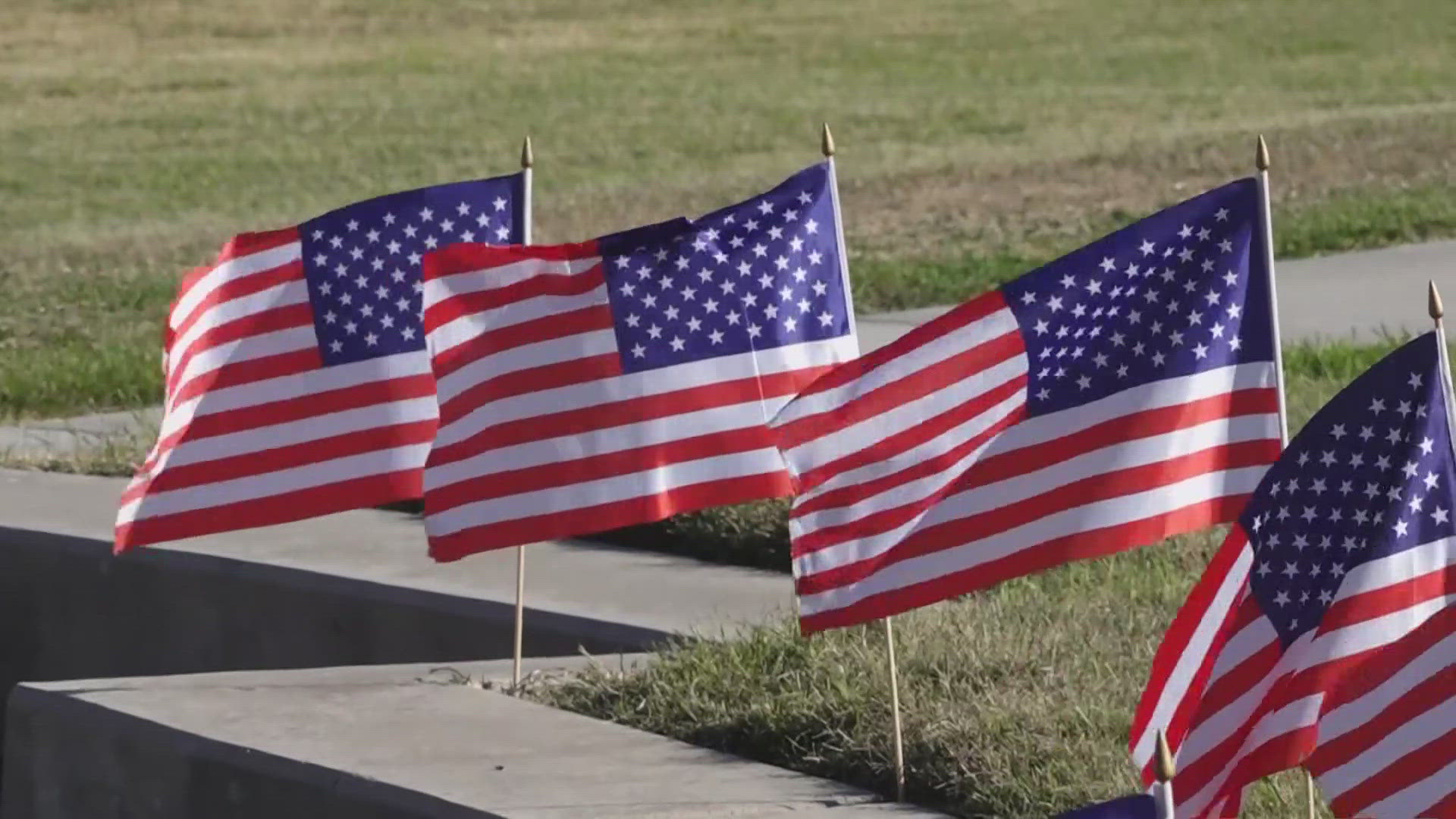ODESSA, Texas —
Over the years, the stigma surrounding mental health has been slowly going away, leading to more mental health resources being available at the Department of Veterans Affairs.
May is Mental Health Awareness Month.
NewsWest 9 spoke with the West Texas VA in Big Spring who says support for veterans' mental health has improved.
“So, what I have experienced in the years that I've been at the VA is a shift to a more open conversation about mental health and mental health treatment," said Angela Hunt, deputy chief of mental health at the West Texas VA in Big Spring. "I believe this shift has happened in the military operations as well. So, the veterans that we talked to have been asked about their mental health and their mental functioning and behavioral health functioning from the time they've joined the military. And now they come to the VA ready to have those discussions.”
Hunt said there are still veterans who are hesitant to come in for mental health support. However, it is not necessarily because they don't want to.
“I do have veterans from time to time tell me they don't want to be a burden, or they don't want to take a space from another veteran to get help, and I remind them that that's why we are here. We have programs today that did not even exist a decade ago or two decades ago or beyond," said Hunt.
Even if a veteran doesn’t seek help at once, there is still a lot that friends and family can do to let them know they’re supported.
“If they notice that there's changes in a veteran's functioning, emotional health or well-being, their mood, what they can do, and the most important thing, is to be there. Be there for their veteran. Ask them how they're doing and let them know that they're going to be there to support them," said Hunt.
Hunt also said veterans or loved ones of veterans interested in learning more about the mental health resources or programs available to veterans, visit or call any VA clinic for more info.

